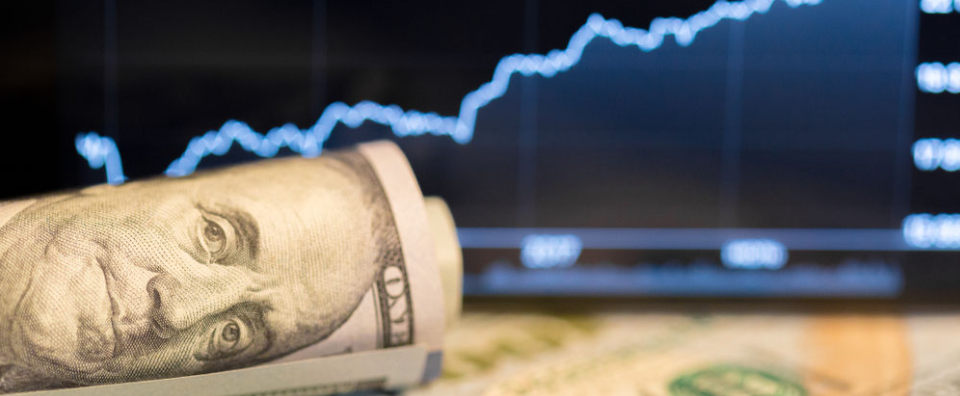
Let's talk about that, how business can introduce exchange instruments into practice. Hedging is especially a hot topic for those, who works in the field of foreign economic activity: business owners, Managers, department managers and chief accountants.
Let's start with the mapping: when we buy a car, then we take out insurance for him and think, that in certain situations the damage will be compensated by the organization of the insurance sector - at its own expense.
We know, that bad actions can happen unexpectedly in business and in the economy. For instance, they can push the value of the American currency or other currency upward, as happened in 2014 and c 2020 yy. Companies were particularly affected at the time, who carried out settlements with colleagues in foreign currency. They weren't immune to risks, however, you can try to anticipate such actions, take out "insurance" and not pay losses out of your own pocket.
For this purpose, there is a tool - cash hedge (or insurance) risks. With all this, there can be at least some currency: Dollars, euros, Yuan.
Let's figure it out, how it works, on an example.
Introduce, that Company N purchases equipment in the U.S. on 200 000$. Enters prepayment - 100 000$, at a convenient current rate - 72,1 RUB / USD * Through 3 months will need to be paid more 100 000$. However, over this period of time, the rate can tangibly grow.. The question arises: how to insure (hedged) on the likely growth of the exchange rate?
The heads of the company used the services of a broker, providing?? the ability to make unsecured transactions on the exchange **.
1. To buy currency, they did not withdraw the entire amount from circulation, but only deposited part of the funds (12,5 %) to a brokerage account - 901 250 rub.
2. They entered into an unsecured transaction to purchase a suitable amount in foreign currency - 100 000$ by the amount 6 308 750 rub.
3. Through 3 month the company has credited funds to the brokerage account: 6 308 750 + 159 015 (this is a fee for a SWAP position transfer transaction - at a rate of ten percent per annum *** for 3 months) = 6 467 765 rub. Then the currency was transferred to the account in the bank of the company. The currency conversion fee was 0,1 % at the rate "Financier".
4. The rate, taking into account hedging costs, will be 73,69 RUB/USD. - according to it, the company will pay for the equipment, regardless of, what rate will be on the exchange.
This example is very lightweight - for those, who is just starting their own way on the stock exchange and still not so that they are guided in the definitions. More experienced financier, may be, thought of, what are we talking about money swaps. This is the kind of agreements, at which you can purchase currency, for example, Dollars, not having on hand the entire currency amount in rubles. However, there is an immediate obligation to transfer the missing rubles by the time the dollars are withdrawn from the brokerage account. (in one day, week, month or any other date, which is comfortable for you). To make a SWAP deal, it is necessary to purchase currency in an amount exceeding the ruble balance on the brokerage account. This is called "open a position". Until that time, until you transfer the missing amount in rubles to your brokerage account, your position on the exchange is considered open. And every new day, while the position is open, called "position transfer". A commission is charged for the transfer of a position - it is also a fee for a SWAP transaction.
What are the benefits of this deal for company N?
• Saving money - in case of currency growth for 3 months, the cost of buying it will increase significantly.
• Customer loyalty- due to the jump in currencies, rivals often increase product prices, and company N can afford to hold prices down actually at the pre-crisis level.
• Competent distribution of funds - the company spends only 12,5 % of the purchase amount of currency. Other company funds within 3 uses in business for months.
You see, the pros of the transaction cover the costs of hedging, therefore, in advanced countries, hedging is an inseparable part of the monetary policy of companies.
If you want to hedge against monetary risks, but you don't understand, what to do specifically in your situation, then leave a request and get a free consultation on your dilemma.


